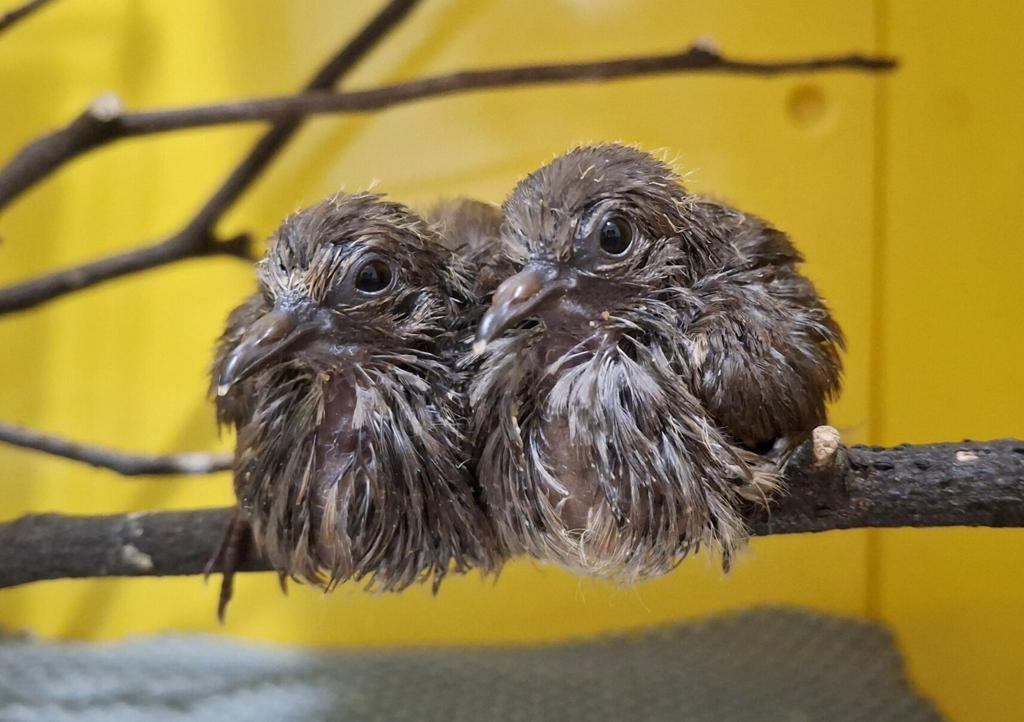UK–Brazil Partnership Hatches Three of the World’s Rarest Blue‑Eyed Ground Doves
A major conservation milestone has been reached: a UK–Brazilian collaboration, including Chester Zoo experts, has successfully hatched three blue-eyed ground dove chicks, one of the rarest bird species on the planet, with only around 11 individuals left in the wild.
Miraculous Discovery and Rediscovery
Thought to be extinct until its rediscovery in 2015 in Brazil’s Minas Gerais state, the blue‑eyed ground dove is now classified as Critically Endangered. An estimated 15 survivors were known at rediscovery, with as few as 11 still in the wild today.
Hand-Hatching Success
Under licensed supervision, teams from Chester Zoo, SAVE Brasil, Parque das Aves, Toledo Zoo, Bronx Zoo, and American conservation groups incubated wild-laid eggs. The chicks were then hand-reared, a delicate process made possible by recreating the birds’ natural nest feeding using regurgitated “milk-like” diets.
This marks at least the third blue-eyed dove raised in human care, building on earlier successes in 2023. The current hatch adds vital genetic diversity to captive populations and supports the insurance strategy for the species’ survival.

Urgency Meets Hope
The blue-eyed dove’s natural habitat, the Cerrado savanna, is under severe threat from agricultural expansion and intensified by climate-driven wildfires. Captive breeding buys time while habitat protection and restoration efforts continue in designated reserves and parks .
What’s Next?
The young doves will be monitored closely in Brazilian facilities, with plans to establish breeding pairs and gradually bolster the wild population. Experts emphasize that only a few eggs are taken per year to maintain minimal impact on the wild population.
Why It Matters
Creating an insurance population through captive breeding is a critical buffer against extinction. Each chick serves as a “genetic lifeline,” giving conservationists time to:
- Understand the species’ breeding and dietary needs
- Restore and protect its native habitat
- Prepare for eventual reintroduction into the wild
As Chester Zoo’s Head of Birds put it, “We refuse to let that happen without a fight”.



